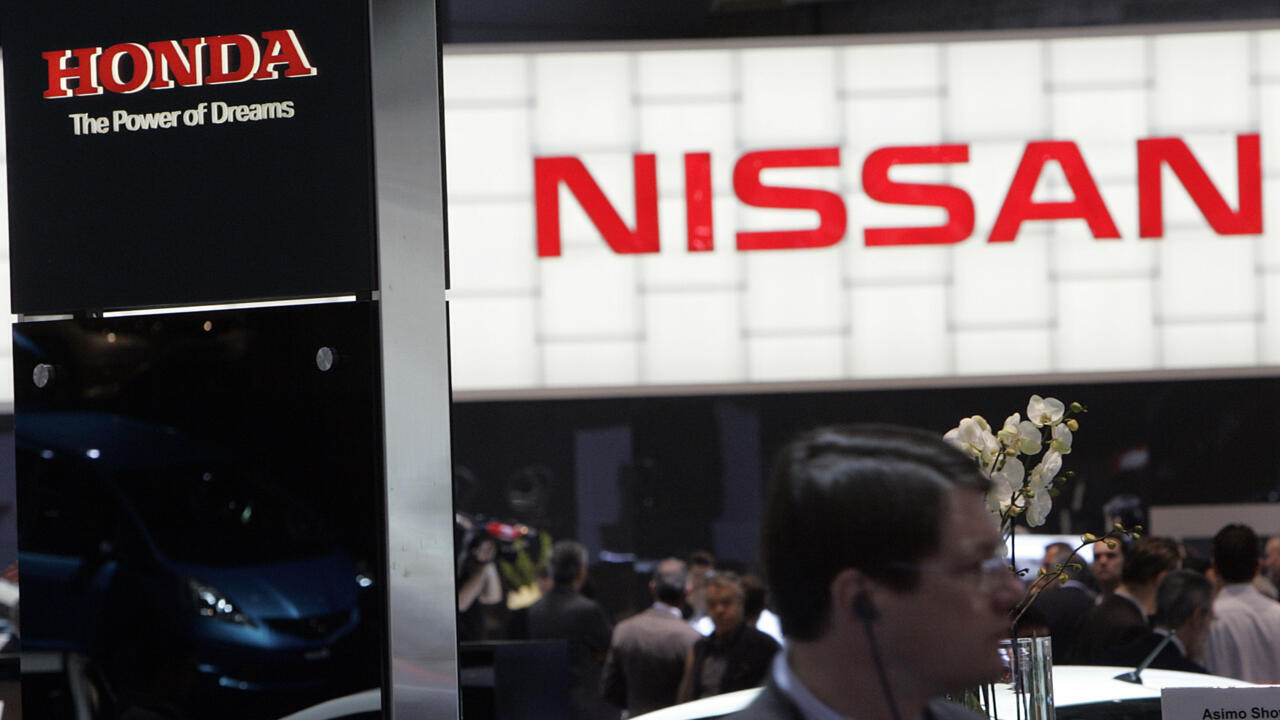
The two firms are looking to operate under a single holding company and will soon sign a memorandum of understanding for the new entity, according to the Tokyo-based Nikkei.
It reported that Honda and Nissan will consider bringing in Mitsubishi Motors, of which Nissan is the top shareholder, under the holding company to create one of the world’s largest auto groups.
Honda and Nissan issued almost identical statements in response, saying the details in the report had not been announced by either firm, and that they are “exploring various possibilities for future collaboration, leveraging each other’s strengths,” as previously announced.
In March, Japan’s number two and three automakers, after rival Toyota, deepened ties when they agreed to explore a strategic partnership on electric vehicles.
Analysts said the move was aimed at catching up with Chinese competitors such as BYD who have stolen a march on EVs while Japanese firms have lost ground by focusing more on hybrid vehicles.
China overtook Japan as the world’s biggest vehicle exporter in 2023, helped by its dominance in electric cars.
Honda announced plans in May to double investment in electric vehicles to $65 billion by 2030, part of its ambitious target set three years ago of achieving 100 percent EV sales by 2040.
Nissan has signalled similar ambitions, saying in March that 16 of the 30 new models it plans to launch over the next three years would be “electrified”.
The world’s auto giants are increasingly prioritising electric and hybrid vehicles, with demand growing for less polluting models as concern about climate change grows.
At the same time, however, there has been a slowdown in the EV market on the back of consumer concern about high prices, reliability, range and a lack of charging points.
Hybrids that combine battery power and internal combustion engines have proved enduringly popular in Japan, accounting for 40 percent of sales in 2022.
But Japanese firms’ focus on hybrids has left them in the slow lane in meeting the growing appetite for purely electric vehicles.
Just 1.7 percent of cars sold in Japan in 2022 were electric — compared to 15 percent in western Europe and 5.3 percent in the United States.
© 2024 AFP



















